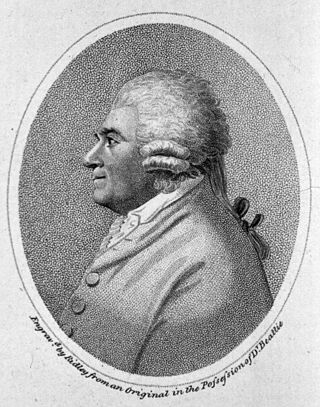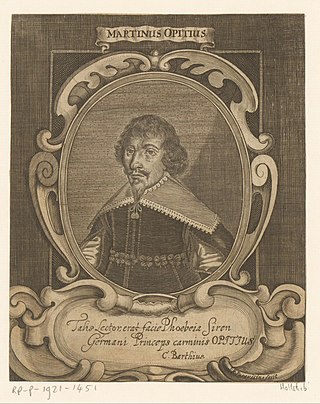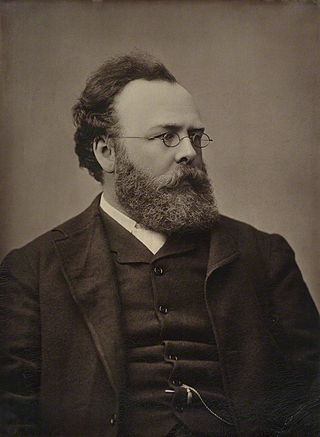Related Research Articles

Alexander Pope was an English poet, translator, and satirist of the Enlightenment era who is considered one of the most prominent English poets of the early 18th century. An exponent of Augustan literature, Pope is best known for his satirical and discursive poetry including The Rape of the Lock, The Dunciad, and An Essay on Criticism, and for his translations of Homer.

Matthew Arnold was an English poet and cultural critic who worked as an inspector of schools. He was the son of Thomas Arnold, the celebrated headmaster of Rugby School, and brother to both Tom Arnold, literary professor, and William Delafield Arnold, novelist and colonial administrator. Matthew Arnold has been characterised as a sage writer, a type of writer who chastises and instructs the reader on contemporary social issues. He was also an inspector of schools for thirty-five years, and supported the concept of state-regulated secondary education.

Thomas Warton was an English literary historian, critic, and poet. He was appointed Poet Laureate in 1785, following the death of William Whitehead.
This article contains information about the literary events and publications of 1757.

James Beattie was a Scottish poet, moralist, and philosopher.

Martin Opitz von Boberfeld was a German poet, regarded as the greatest of that nation during his lifetime.

Robert Williams Buchanan was a Scottish poet, novelist and dramatist.

Lives of the Most Eminent English Poets (1779–81), alternatively known by the shorter title Lives of the Poets, is a work by Samuel Johnson comprising short biographies and critical appraisals of 52 poets, most of whom lived during the eighteenth century. These were arranged, approximately, by date of death.

William Hayley was an English writer, best known as the biographer of his friend William Cowper.
William Diaper (1685–1717) was an English clergyman, poet and translator of the Augustan era. Having taken the wrong political side at a time of regime change, he lost the patrons who were advancing his career and died in obscurity shortly afterwards.
Emma Tatham was a 19th-century English poet. Her work is seldom read today, but she was regarded in the Victorian era as a prodigy and a poetic genius.
Jane Taylor was an English poet and novelist best known for the lyrics of the widely known "Twinkle, Twinkle, Little Star". The sisters Jane and Ann Taylor and their authorship of various works have often been confused, partly because their early ones were published together. Ann Taylor's son, Josiah Gilbert, wrote in her biography, "Two little poems – 'My Mother,' and 'Twinkle, twinkle, little Star' – are perhaps more frequently quoted than any; the first, a lyric of life, was by Ann, the second, of nature, by Jane; and they illustrate this difference between the sisters."
James Grainger was a Scottish doctor, poet and translator. He settled on St. Kitts from 1759 until his death of a fever on 16 December 1766. As a writer, he is best known for his poem The Sugar Cane, which is now valued as an important historical document.
George Richards was an English Anglican priest and poet.
William Atkinson (1757–1846), was an English cleric, academic, poet and pamphleteer.
William Woty (1731?–1791) was an English law clerk and hack writer, known for light verse.
William Harrison (1685–1713) was an English poet and diplomat.
William Hayward Roberts was an English born schoolmaster, poet and biblical critic, cleric and Provost of Eton College.

"Poetical Essay on the Existing State of Things" is an essay by Percy Bysshe Shelley published in 1811. The work was lost since its first appearance until a copy was found in 2006 and made available by the Bodleian Library in 2015. The anti-war and anti-imperialist work was intended to raise money for the radical Irish journalist Peter Finnerty, who had been imprisoned for libeling the Anglo-Irish politician Robert Stewart, Viscount Castlereagh, whom he accused of mistreating United Irish prisoners. The work is a precursor to The Masque of Anarchy and "England in 1819".

Major Charles James (1757/8–1821) was an English army officer and miscellaneous writer.
References
This article relies largely or entirely on a single source .(May 2014) |
. Dictionary of National Biography . London: Smith, Elder & Co. 1885–1900.